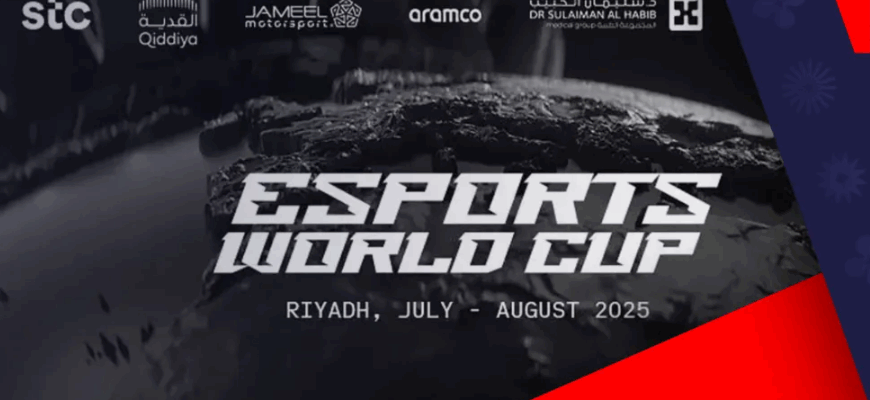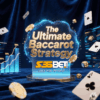The advertising practices of esports organizations have come under scrutiny following an investigation by The Esports Advocate (TEA), which examined promotional activity during the 2024 Esports World Cup (EWC). The report highlights multiple cases where partner organizations failed to follow disclosure requirements in social media advertising — a violation of regulations in several jurisdictions.
EWC Partners Found Circumventing Ad Disclosure Rules

The advertising practices of esports organizations have come under scrutiny following an investigation by The Esports Advocate (TEA), which examined promotional activity during the 2024 Esports World Cup (EWC). The report highlights multiple cases where partner organizations failed to follow disclosure requirements in social media advertising — a violation of regulations in several jurisdictions.
EWC’s Partner Program Under Review
In 2025, forty esports organizations were selected to participate in the EWC Club Partner Program, backed by a $20 million budget. Each team could receive up to $1 million to produce branded content and expand their global reach around the tournament.
But according to TEA’s May 2024 review, many of these organizations posted promotional content without proper ad labeling, even when the material was financially incentivized.
The investigation involved consultations with regulators including the US Federal Trade Commission (FTC), the UK Advertising Standards Authority, the Canadian Competition Bureau, the European Advertising Standards Alliance, and the European Commission. Legal guidance was also sought from Leonid Shmatenko, senior associate at Eversheds Sutherland, regarding German and Swiss laws. All agreed that failing to label incentivized content constituted a breach of advertising standards.
Lack of Transparency
TEA sought comment from the Esports World Cup Foundation (EWCF) on these potential violations but received no response. Reports from the inaugural 2024 event suggest the lack of ad labeling may have been a deliberate strategy. To date, however, neither EWCF nor its partners have faced penalties or sanctions for noncompliance.
Industry commentator James Fudge, in his newsletter The Fudge Retort, observed that much of the content posted by EWC teams appeared authentic and organic rather than clearly sponsored. While this may help engagement, he argued, it fails the legal test of transparency:
“Unfortunately, ethical expectations often clash with commercial interests. Teams either followed organizers’ directives not to disclose, or voluntarily chose concealment to maximize financial return.”
The issue is further complicated by non-disparagement clauses in contracts between EWCF and its partners, which require all public messaging to portray the organization positively.
Ethical Context
Observers expect little change in advertising compliance for EWC 2025, despite rising criticism. The event remains controversial because of its Saudi Arabian backing, given the country’s ongoing human rights concerns — including the death penalty, imprisonment of activists, and criminalization of LGBTQ+ identities.
Critics describe the EWC as an example of “sportswashing”, using high-profile entertainment to deflect global attention from domestic issues. Human rights groups such as Amnesty International and Human Rights Watch have repeatedly voiced opposition.
State-Backed Mega Event
EWC 2025, held in Riyadh, spans seven weeks across multiple titles with a record-breaking $70 million prize pool. The tournament is funded by the Saudi Public Investment Fund and organized by ESL FACEIT Group, a subsidiary of the state-owned Savvy Games Group. Events run from July 7 to August 24, concluding with the Next Global Sports Conference (NGSC 2025) at the Four Seasons Hotel.












